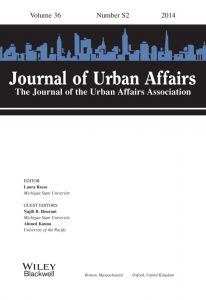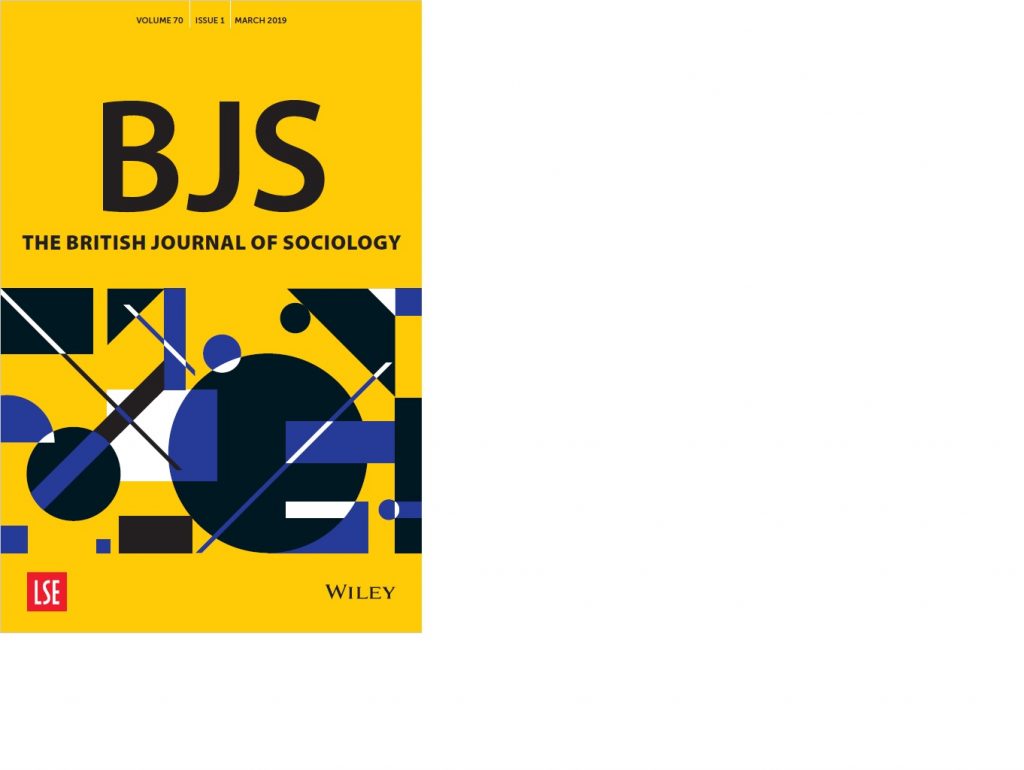Advertisement for new Sociologia Ruralis Editor-in-Chief
The European Society for Rural Sociology invites individuals to apply for the position of Editor-in-Chief Sociologia Ruralis We are looking for an Editor-in-Chief to succeed Bettina Bock in the position from 2020 Sociologia Ruralis reflects the diversity of European social-science research on rural areas and related issues. Over the past 40 years Sociologia Ruralis has been an international forum for social scientists engaged in social, political and cultural aspects of primary industries such as agriculture, forestry and fisheries and rural...



















1540-6237/asset/SSSA_Logo-RGB.jpg?v=1&s=c337bd297fd542da89c4e342754f2e91c5d6302e)
1099-0860/asset/NCB_logo.gif?v=1&s=40edfd0d901b2daf894ae7a3b2371eabd628edef)